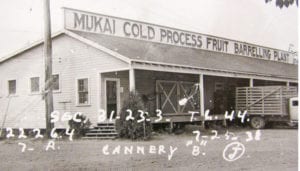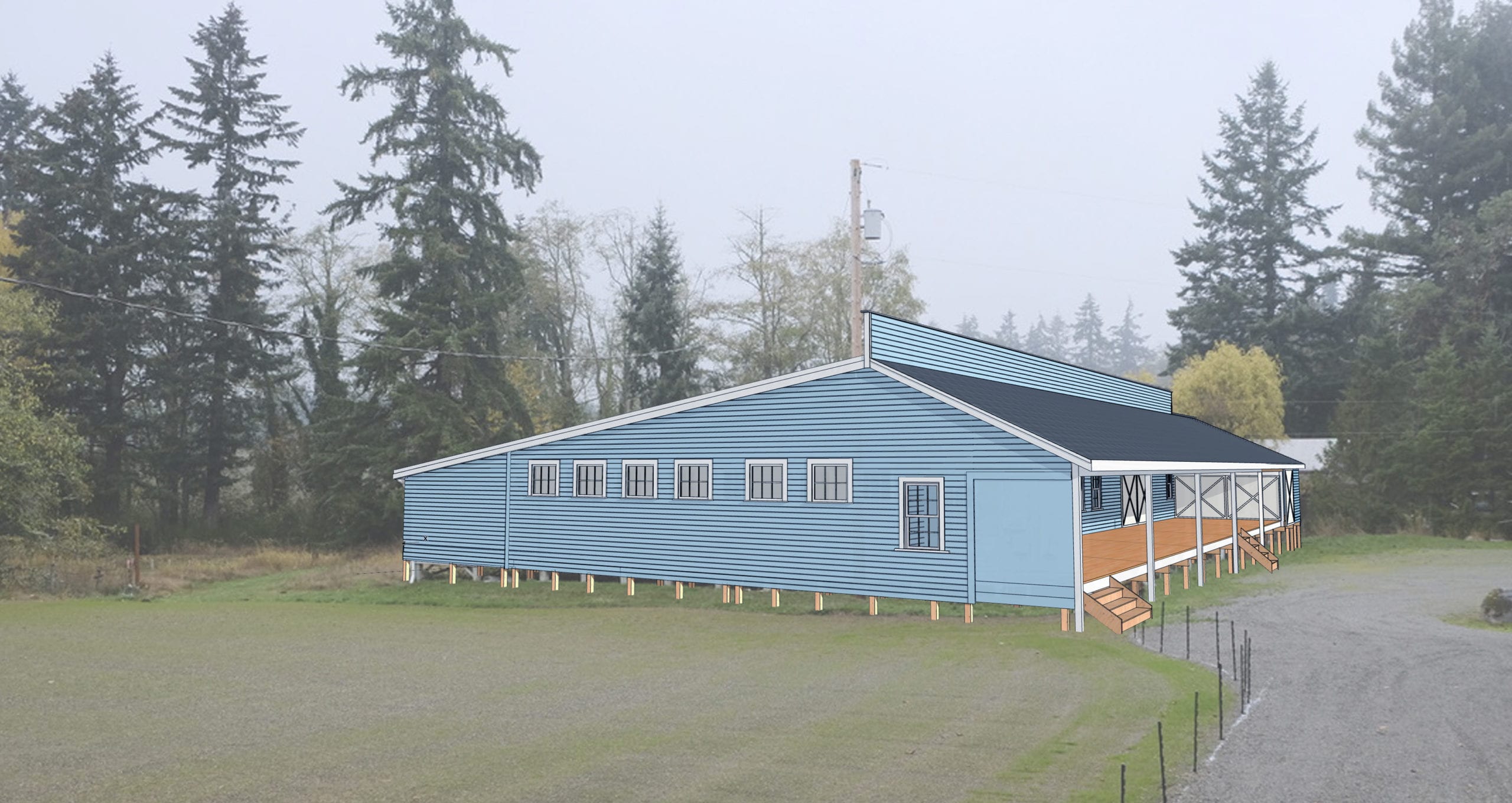Historic Seattle Council
Kenny Pittman | Chair
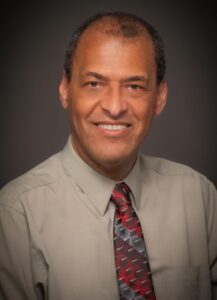
Kenny Pittman is an Associate Director with Catholic Community Services Western Washington with four years of experience in the nonprofit/social services sector. Kenny, prior to working for Catholic Community Services, worked 44 years for state and local governments in the states of Arizona and Washington. Kenny specialized in program management and policy development in the areas of housing and economic development. Kenny’s motto is to “always strive to make it better for the people you serve.” He is inspired daily by his wife and daughter. In his free time, Kenny likes to work in his garden and follow his lifelong passion of building a race car.
Lorne McConachie | Vice-Chair
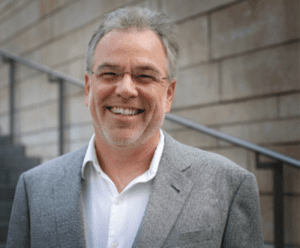
Over the past 35 years, Lorne has developed expertise in the planning, design, and restoration of historic facilities. From landmark buildings in the midst of large cities, to facilities in rural settings, his tailored approach has produced projects that preserve, extend, and revitalize historic structures. In addition to his design work, Lorne has reviewed hundreds of landmark applications in his role as a board member. Lorne is the recipient of a Seattle Chapter AIA Award for the historic renovation of Franklin High School and the State of Washington’s highest honor, the Valerie Sivinski Award for Historic Preservation, for Stadium High School.
Mariko Park | Secretary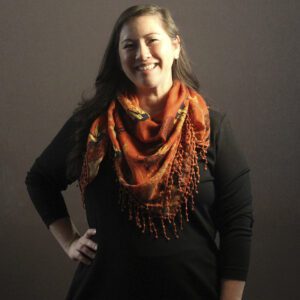
Mariko Park is an Associate Senior Interior Designer with Mahlum Architects. Her advocacy for community-based projects serves multiple project types, including educational and historic preservation. Park is an active member of Mahlum’s Justice, Equity, Diversity, and Inclusion (JEDI) Committee centering a lens of social justice and an inclusive process to successfully serve its intended communities.
She holds a Bachelor of Arts in Interior Design from California State University, Sacramento, and Master of Design Studies in Historic Preservation from Boston Architectural College. She is an IIDA member, NCIDQ certified, a Certified Interior Designer in California, and a LEED Accredited Professional.
Spanning across the west coast with agriculture roots in California and over 15 years in the Pacific Northwest, Mariko brings a unique perspective that seeks the stories and experiences to connect people to place.
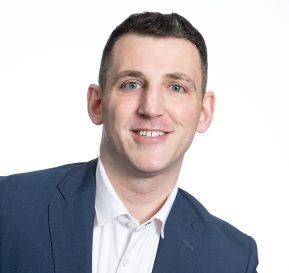
Jack O’Connor | Treasurer
Jack is a Financial Advisor at UBS and specializes in financial planning for private clients, as well as asset allocation and investment manager selection for institutional clients. Jack is a CERTIFIED FINANCIAL PLANNER™ and a Certified Investment Management Analyst®.
Jack has a Bachelor of Science degree in Finance from Portland State University. He grew up in Southeast Michigan and currently lives with his wife Erica in Newcastle, WA. In addition to his work as a Financial Advisor, Jack is an advocate for preserving the historic buildings that give Seattle its character. In his spare time, he enjoys backpacking, scuba diving, yoga, and live music.
Stephanie Toothman, Ph. D. | Ex-Officio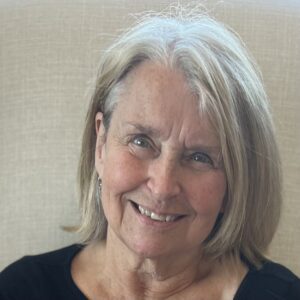
Dr. Stephanie Toothman is the former National Park Service (NPS) Associate Director for Cultural Resources, Partnerships and Science (2010-2017) and former Keeper of the National Register of Historic Places. Her portfolio included both park cultural resource management programs and the preservation partnership and science programs. During her tenure, she led the development of the Cultural Resource Challenge: Preserving America’s Shared Heritage in the 21st Century (2013), the Cultural Resources Climate Change Strategy (2017), and the Telling All Americans’ Stories initiatives.
She received the Department’s Distinguished Service Award in 2017. Prior to serving as Associate Director, she served as Chief, Cultural Resources in the Pacific West. Earlier positions included NPS Regional Historian, and State, Plans and Grants planner for the Heritage Conservation and Recreation Service. Dr. Toothman is a graduate of Smith College (American Studies) and the University of Pennsylvania, receiving her Ph.D. in American Civilization in 1978. Following her retirement in 2017, she returned to Seattle where she is currently serving on the boards of Historic Seattle, the Washington Trust for Historic Preservation, and Historic Whidbey, as well as advising the Steering Committee developing the Management Plan for the Washington National Maritime Heritage Area.
Taha Ebrahimi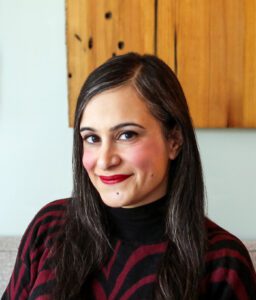
Taha Ebrahimi is a director of marketing at Tableau Software. Born and raised in Seattle, she began her career as a journalist at The Seattle Times, taught writing at the University of Pittsburgh, and has been a recipient of fellowships and residencies granted by the Bloedel Reserve, The Thomas J. Watson Foundation (IBM) and the Mid-Atlantic Arts Foundation. She is the author and illustrator of “Street Trees of Seattle” (Sasquatch Books) and serves as a member of the Council for Historic Seattle as well as the Board for the Cal Anderson Park Alliance.
Angela Faul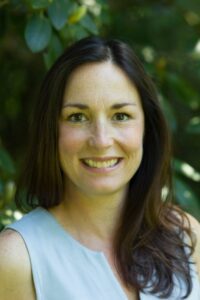
Angela leads the operational and financial success of stabilized commercial real estate investments in Seattle for FAUL. Angela began her real estate career with one of the top local commercial real estate firms in Seattle, Martin Smith Real Estate Services. Later, recruited by a telecommunications company, she traveled throughout the United States to acquire real estate in the downtown cores and subsequently managed the accumulated real estate portfolio of over 50 locations. She co-founded a boutique tenant advisory real estate firm, Advisors NW, and in 2011, she began collaboration on the “Greenest Building in the World”, The Bullitt Center, providing leasing and operations services to create a truly sustainable workplace. In 2022, Angela and team, were honored with Best Preservation Project by Historic Seattle for the adaptive reuse of the Queen Anne Exchange, aka Pacific Telephone & Telegraph Garfield Exchange, and again was honored in 2023 for the Labour Temple aka Labor Temple.
Stephanie Johnson-Toliver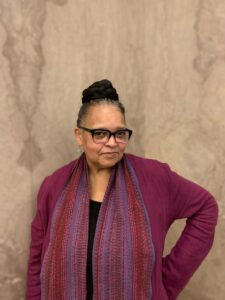
Stephanie Johnson-Toliver is a fourth generation Seattleite, and President at the Black Heritage Society of Washington State where she advocates for the awareness of historically significant sites. She leads a dedicated Board of Directors who are committed to uphold the Society’s mission as stewards of the largest legacy collection of regional African American memorabilia. Beyond BHS and aligned in a like-minded purpose, Stephanie co-leads at the Historic Central Area Arts & Cultural District and is a board member at the Museum of History & Industry and Office of the Secretary of State-Legacy Washington.
Rick Sever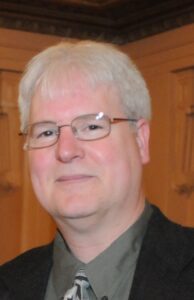
Rick Sever holds a BA in Art History [1983] with an emphasis on Architectural History and Design from the University of Washington. Prior to attending the University of Washington he spent two and a half years at Washington State University in the pre-architecture program.
Professionally, for the last 39 years, Rick has been and continues to be the principal of ‘Residential Construction’, a design-build firm specializing in pre-1960 homes. He believes and based his company ‘Residential Construction’ on the fact that the embodied energy contained in our existing built environment, and the lifecycle costs of the materials we choose to use, contribute to the fact that the greenest buildings are the ones we preserve and restore.
Rick has been a member and volunteer with Historic Seattle since 1990. In 1996 Rick co-founded the Historic Seattle ‘Preserving Your Old House’ program. Starting in 2002 & to date Rick has served on the Historic Seattle PDA Council, he has served as Council Chair, Vice Chair & Treasurer. Rick has also served on Historic Seattle’s Foundation board. He’s also served as a business representative board member on the Technical Advisory Board at Seattle Central College’s Wood Technology Center from 1998 to 2018.
Karen True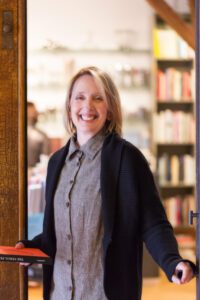
Karen has long approached work in communities by building and nurturing connections, trust, and a sense of place. Whether in a downtown core or suburban hub, along a bus route or trail, on a small-town Main Street or beloved historic district, there are always people who care about their places and each other. There are always businesses eager to thrive, collaborate, and make the most of the assets of their unique neighborhoods. And there are always more businesses, nonprofits, artists, and residents who would like to join the effort.
Karen recently served as Director of Business & Community Development for the Alliance for Pioneer Square, board member for Historic South Downtown, and longtime ULI Thriving Communities member. Earlier she built community engagement plans and programs with Ron Sher in multiple communities including Lake Forest Park, Crossroads Bellevue, and Bremerton. Karen now coaches and mentors others eager to build upon the assets, accomplishments, and possibilities of their own unique communities.
David Yeaworth 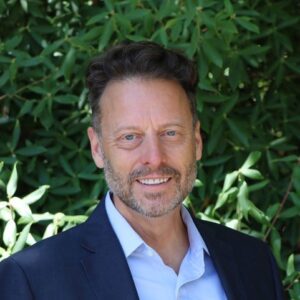
David’s background is in place-making, sustainability, and civility. He currently serves as a strategic advisor to the Port of Seattle Commission, focusing on land use, environmental issues, and economic development. Previous to joining the Port he was president of Catalyst Strategies, a community and economic development firm working with organizations that represent Seattle-area neighborhoods and business districts. Other notable chapters of his career include leading the Waterfront for All campaign on behalf of Allied Arts of Seattle, serving as a legislative aide at the Seattle City Council, and as the Northwest regional director for the League of Conservation Voters. Before joining the Historic Seattle Council, David served on the boards of Transportation Choices Coalition, Allied Arts, King County Conservation Voters, and the Beacon Business Alliance. David is also an aspiring musician and has a Bachelor of Public Administration degree from Seattle University.
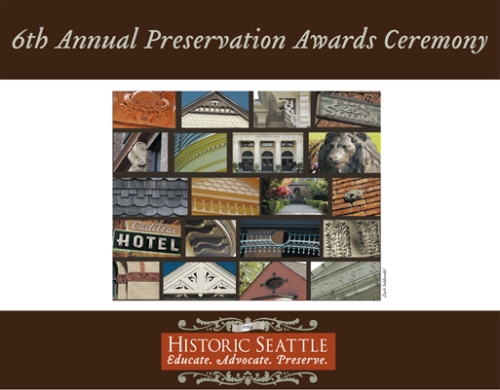
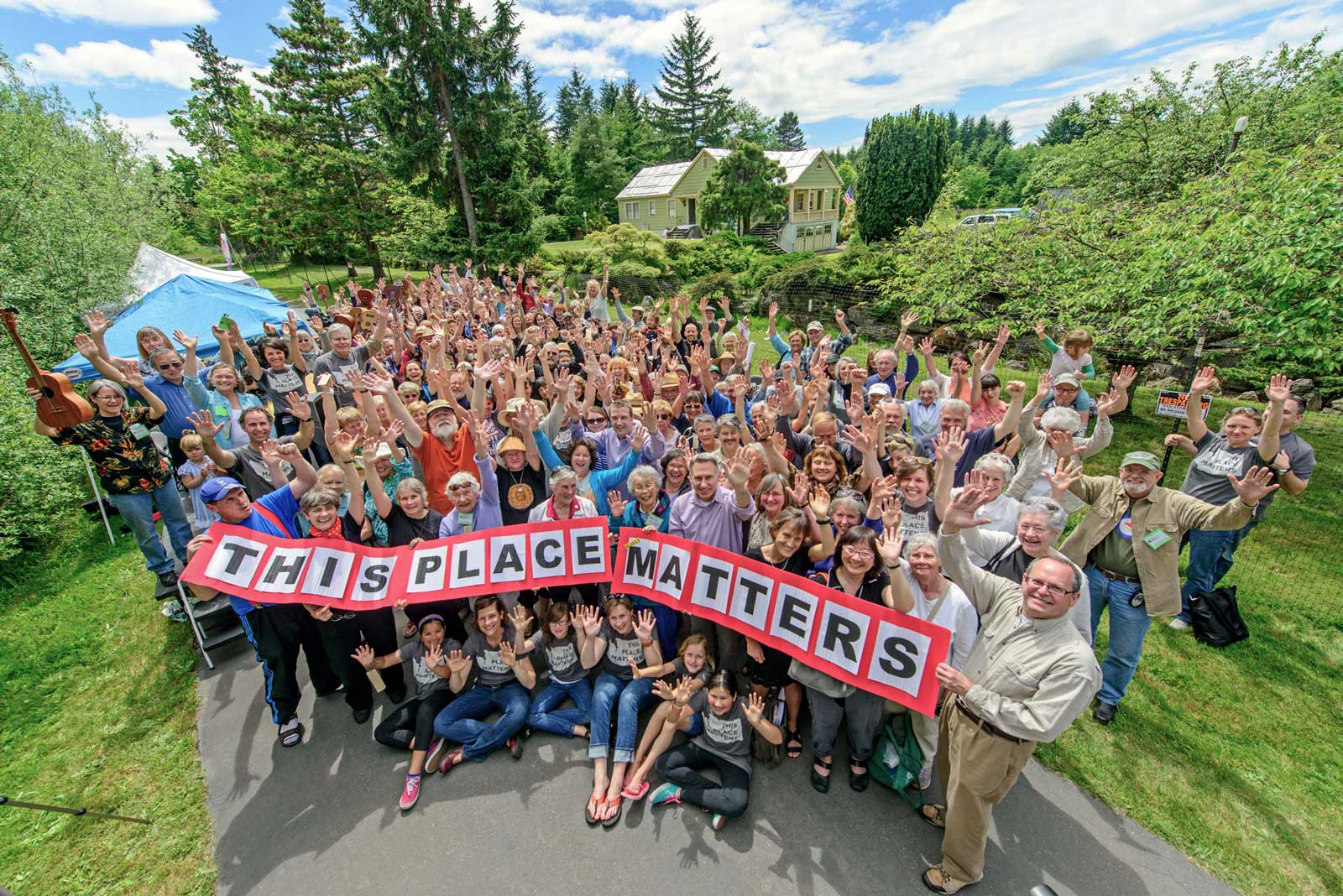
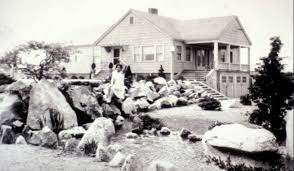
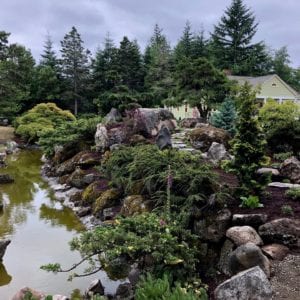 Mary continued, “Around 2018 Fuji Landscaping began the restoration of the garden, and the ponds were redone by Turnstone Construction. The
Mary continued, “Around 2018 Fuji Landscaping began the restoration of the garden, and the ponds were redone by Turnstone Construction. The 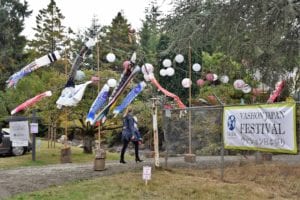 Mukai began to really flourish again. “People began to discover it, a really good mix of people from both on-island as well Japanese Americans and other people from off-island,” Mary added. Mukai even gained international reach when a group visited as part of an exchange program through the Japanese American Friendship Society. “I have a lot of family in Japan,” said Mary “and I’ve found that many people there don’t know much about imprisonment and other experiences Japanese Americans had here during World War II. They were busy trying to survive the war and news like that wasn’t reaching them.” Mukai allows visitors an opportunity to learn about this this part of American history and provides a glimpse into Japanese American and agrarian life on Vashon during the 20th century.
Mukai began to really flourish again. “People began to discover it, a really good mix of people from both on-island as well Japanese Americans and other people from off-island,” Mary added. Mukai even gained international reach when a group visited as part of an exchange program through the Japanese American Friendship Society. “I have a lot of family in Japan,” said Mary “and I’ve found that many people there don’t know much about imprisonment and other experiences Japanese Americans had here during World War II. They were busy trying to survive the war and news like that wasn’t reaching them.” Mukai allows visitors an opportunity to learn about this this part of American history and provides a glimpse into Japanese American and agrarian life on Vashon during the 20th century.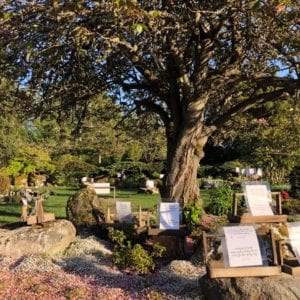 When the pandemic hit, Mukai adapted by pivoting to hosting virtual events and COVID-compliant outdoor activities. “This year, on February 19th, we hosted a virtual day of remembrance (of Executive Order 9066) with a screening Claudia Katayanagi’s documentary
When the pandemic hit, Mukai adapted by pivoting to hosting virtual events and COVID-compliant outdoor activities. “This year, on February 19th, we hosted a virtual day of remembrance (of Executive Order 9066) with a screening Claudia Katayanagi’s documentary 